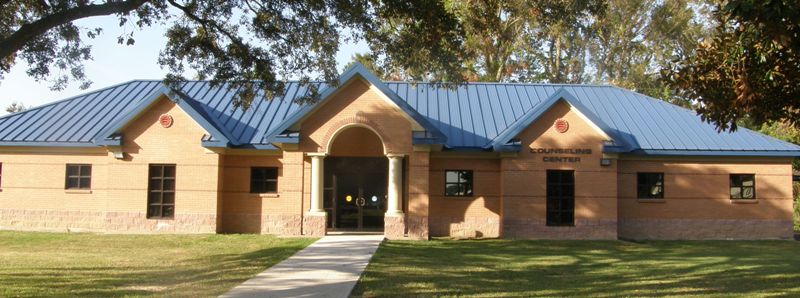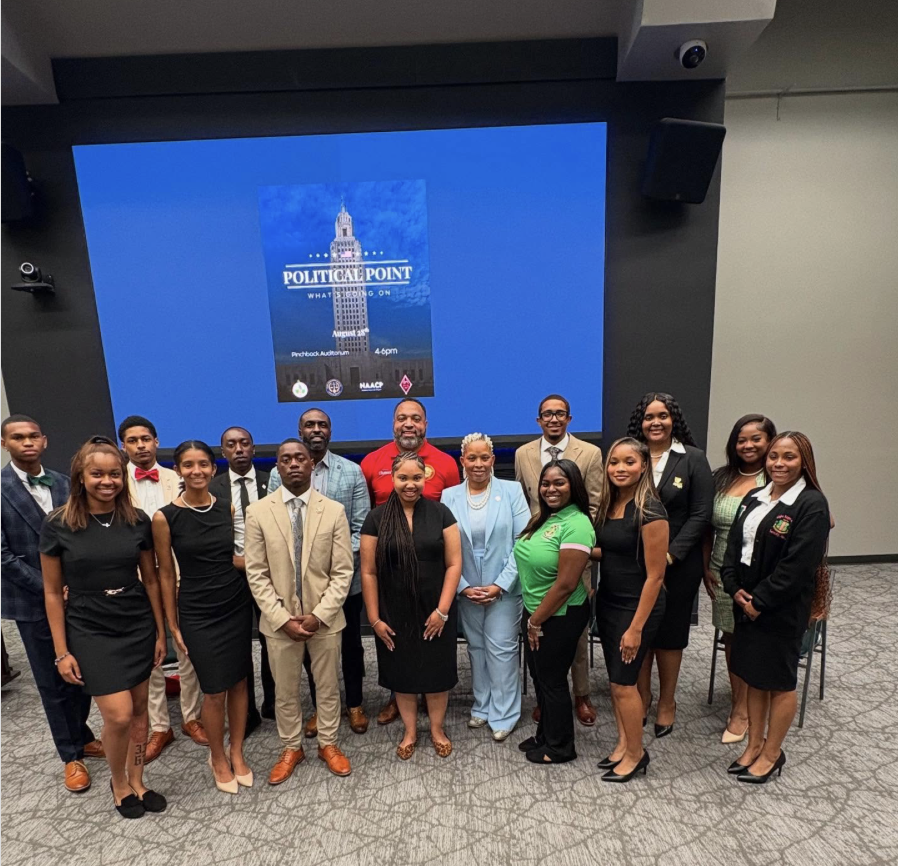Lately I’ve comeupon some very surprising, and somewhat startling, realizations on this blackcollege campus. A lot of us, young and old brothers and sisters I mean, arereally unaware of and detached from the plight of black people in America.
A lot of us,right here at SU, believe racism doesn’t exist anymore. A lot of brothers andsisters who I have been meeting here have never in their life been called”nigger” to their face. When I was a kid, I just thought that was a normal partof growing up black.
I’ve met peoplehere who said the only time they were ever called “nigger” was when they werehere at SU (I’m guilty of using that word myself). The only experience many ofus have ever had with racism was in the movies or in the history books. If Istart talking about reparations, I’m going to get a bunch of blank stares.
A lot of usshowed more enthusiasm preparing for Valentine’s Day than we have shown forBlack History Month. Many of us don’t even know who William Lynch was or thathis plan was to divide our people and how we oftentimes play right into it. Ifwe did, it wouldn’t be so entertaining to go to a Greek show and watch one fratgroup and one sorority diss another frat group and another sorority. If many ofus understood the psychological slavery that we still endure, brothers wouldhave more respect for sisters around here and sisters would command morerespect by the way they carry themselves.
The other day Iwas talking to a brother on campus. He was clearly frustrated about conditionshere at Southern, about the ill treatment he receives from many of theadministrators and teachers, and about the negative behavior he has seen amongblack students here.
He said he wasconsidering transferring to Louisiana State University to get away from all ofthe problems and because he believed it was a lot better “over there” and thepeople who work there were nicer and treated people with more courtesy than theones who work here.
I explained tohim that there was a time when they didn’t even want him at LSU. They actuallyhad “colored sections” over there.
“That was thepast,” he said. “It’s different now.”
I explained tohim that even though things are definitely not what they need to be here at SU,what you get here, or any historically black college or university, is a senseof empowerment from being around and struggling with your own people everydayin an educational setting. Besides that, by being around your own people youget a sense of what you could do to improve our situation.
I went on to saythat detaching yourself from your people and their problems wouldn’t make themdisappear. He asked me whether or not I felt that I was being adequatelyprepared here to deal with the real world, because there are more than justblack people in the real world across the hump.
I told him hewas right about that, but in order to function in the real world you have toknow who you are as a black person and you have to understand your culture andwhere you come from and what has impeded the progress of your people and thatyou kind of get a taste of that knowledge here.
All of the otherraces know who they are and understand their culture, I told him. Do we?
“I’m sick of allthis black bull—-!” he exclaimed. He then hit me with a question. He asked mewhat we are supposed to do and where are we supposed to go when we don’t getthe nurturing and sense of empowerment from our own people at our own schooland get treated better and with more courtesy by white people at a mostly whiteschool than by our own people at a black college? That right there, I thought,was a good question.





